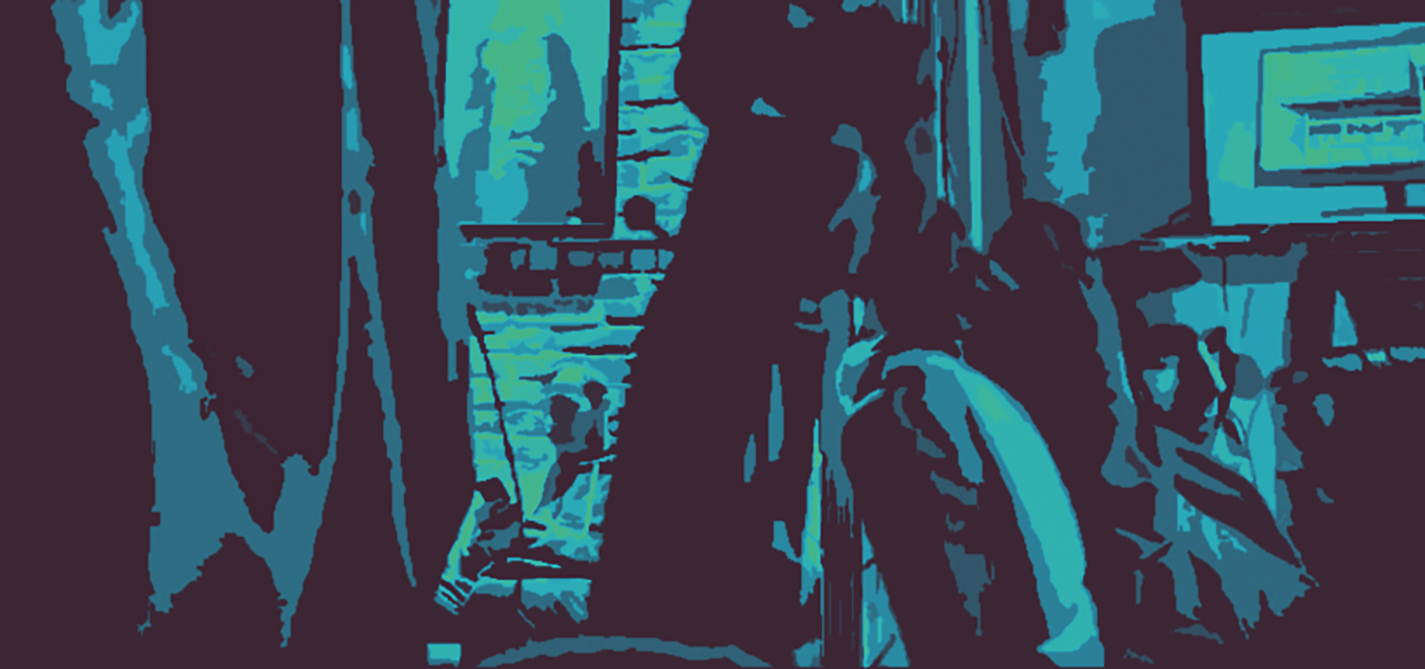
Spotting gaps in the 2020 clouds
Young people offer signs of light amidst the gloom.
I always try to turn every disaster into an opportunity.
That’s when youngsters realized that they needed to work, as we had been trying to touch the sky from the bottom of the ocean.
We will go to coffee shops again. But the conversations we’ll have will not only be about neighborhood gossip.

Anyla Pula
Anyla Pula has a bachelor’s degree in economics and public policy with a minor in international relations from the Rochester Institute of Technology in New York, U.S. She has been engaged in various research projects in the area of social empowerment through development, public policy, health economics and economic development for government and NGOs. She currently works on higher education capacity building, international cooperation and project management.
This story was originally written in English.